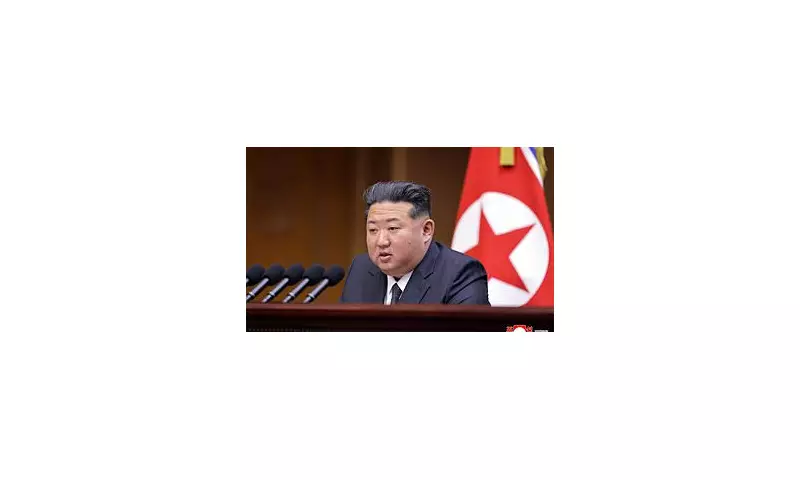
In a significant shift in rhetoric, North Korean leader Kim Jong Un has expressed a surprising openness to re-engaging in diplomatic talks with the United States concerning his country's contentious nuclear weapons programme. The dictator notably reflected on his past summits with former US President Donald Trump with a sense of nostalgia, suggesting a potential pathway back to negotiations.
The announcement was delivered through the state-run Korean Central News Agency (KCNA), which detailed a speech Kim gave to the Supreme People's Assembly in Pyongyang. He stated that his impression of the former American president remains 'not bad' and that he holds 'fond memories' of their historic meetings in Singapore and Hanoi.
A Conditional Openness to Dialogue
However, Kim's offer is not without its conditions. The North Korean leader made it clear that any future dialogue is entirely dependent on the United States adopting what he termed a 'respectful' stance and abandoning what Pyongyang consistently describes as 'hostile policies'. This likely refers to the economic sanctions that have long crippled the North Korean economy.
This statement marks a notable departure from the more aggressive posturing that has characterised North Korea's recent foreign policy. It suggests a calculated attempt to reignite diplomacy, potentially seeing a more favourable negotiating partner in Trump, should he win the upcoming US presidential election.
The Legacy of the Trump-Kim Summits
The unprecedented meetings between Kim Jong Un and Donald Trump in 2018 and 2019 captured global attention, yet ultimately failed to yield a concrete agreement on curbing North Korea's nuclear capabilities. While the summits resulted in warm personal rhetoric and photo opportunities, they fell short of securing a denuclearisation deal.
Despite the lack of tangible outcomes, Kim's latest comments indicate he views that period of engagement as a positive foundation to build upon, rather than a failed experiment. Analysts suggest this could be a strategic move to influence the political landscape in Washington ahead of the next election.
As the world watches, the ball now appears to be in Washington's court. Whether the current Biden administration or a potential future Trump presidency will choose to entertain this overture from one of the world's most isolated regimes remains a critical question for global security.





